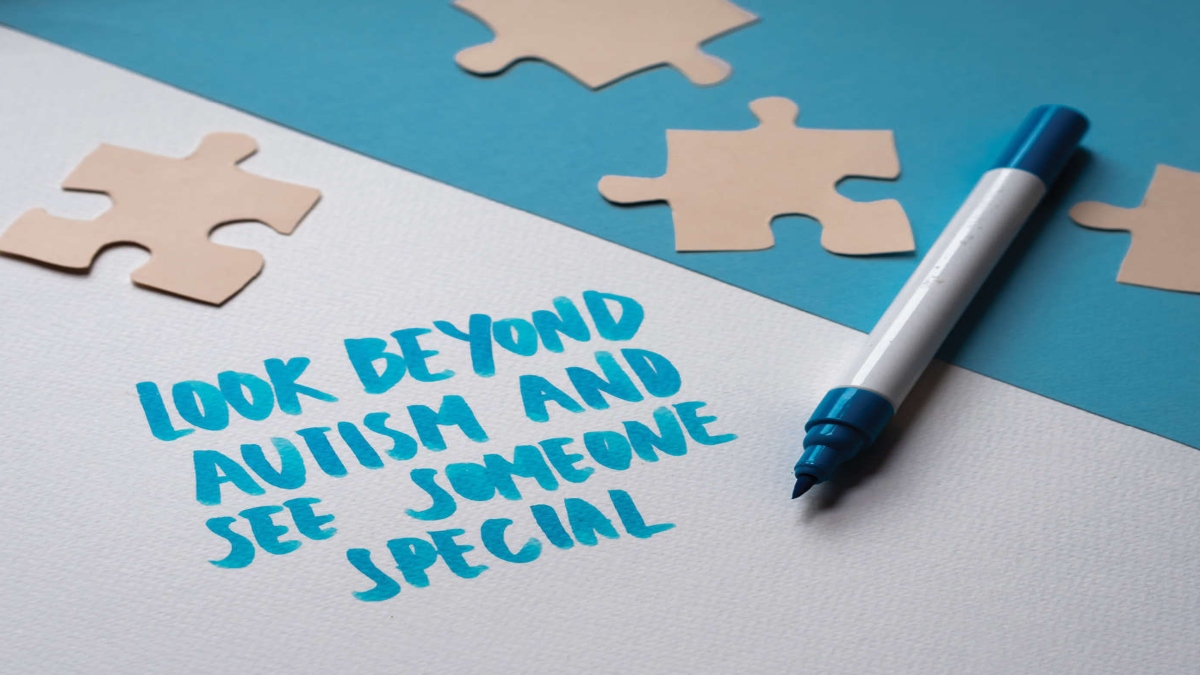
According to the Diagnostic and Statistical Manual of Mental Disorders (DSM-5), a guide created by the American Psychiatric Association used to diagnose mental disorders, people with ASD have difficulty with communication and interaction with other people, restricted interests and repetitive behaviours. The Center for Disease Control and Prevention estimates that one in 68 children in the US is on the autism spectrum, a number that stands in staggering contrast to a 1970 study that put the figure at one in 14,200. Some people believe we’re in the middle of an autism epidemic. On the contrary, in India, we’re still at 23 out of every 10,000 children diagnosed on the spectrum of autism- this we cannot be sure is good news for us as a country or bad.
Are we in India, well equipped to identify an autistic child and deliver on his/her specific and special needs? We need to understand and choose a way to look at autism, how it can be pushed towards disruption and innovation in science and technology and why actually a diagnosis and the levers of resistance and freedom need to be given to find the best route to creating the superpower we want to see emerge in our country.
Most babies with autism are born with big heads, many dendrites merging into one synapse, making them very sensitive to the world and the millions of stimuli that surround us. When these stimuli get too loud or obtrusive, they either escape into their shells or get oppressed by the world or they emerge out as heroes or heathens. When we read stories like those of Elon Musk, about how he broke out of the system despite his excruciating childhood and how that led him into his billion-dollar metaverse of technology, science and more, we can begin seeing the potential that sits in autism.
When we look at a child with autism in India, our society is hellbent on mentally caging them, railing them in, and restricting them for their safety and ours—instead of pushing them into their mind, into disruption, growth and excellence. Indian parents and society, rich in its values and its god-fearing ways, have stopped kids on the spectrum from being able to explore what could lie for them in the world- if these kids were permitted to break a few rules, and navigate through this trial and error, their way through life, we could see inventions not just at the end, but along the way as we’ve never seen before.
The life of a child with autism can only be accelerated and pushed if we facilitate them finding their way, by watching them, giving them freedom, providing them resistance and pushing them where needed and not coming in their way as roadblocks but as mere, silent support systems. India’s next Mozart could be just sitting here in a special school, tapping his fingers on a table and we call that ‘stimming’ or ‘distracting’ and redirect their behaviour to a computer or an iPad rather than letting him find his way into the world with whatever it is that soothes this itch, this stim.
Movement on the spectrum of autism requires facilitation, patience, freedom and a lot of exposure to what can be and what is, without overwhelming them, letting them find their own grounding, their own calm and place in this world, a place of settling with all options at hand, giving them the due recognition and respect they deserve. Why we live in a depressed country today, where no one shakes the status quo is because our highly intelligent, our truly gifted are oppressed in a million ways, culturally, historically and artistically. India’s kids on the spectrum of autism remain stagnant and silent, they sit in a dark, oppressed place, to see unique breakthroughs we need to detangle their imagination and let them follow their paths.
The only way India can become our next superpower is if we pay a lot of precise attention to our kids on the spectrum of autism and help them strategically move forward in their journey with confidence and freedom so they break into inventions unseen, unknown, unheard of before. Too much freedom can be overwhelming, too much caging can be ‘suffocating’, the ‘right’ railroading is necessary for our kids to grow.
The writer is Founder & CEO, Brain Bristle.